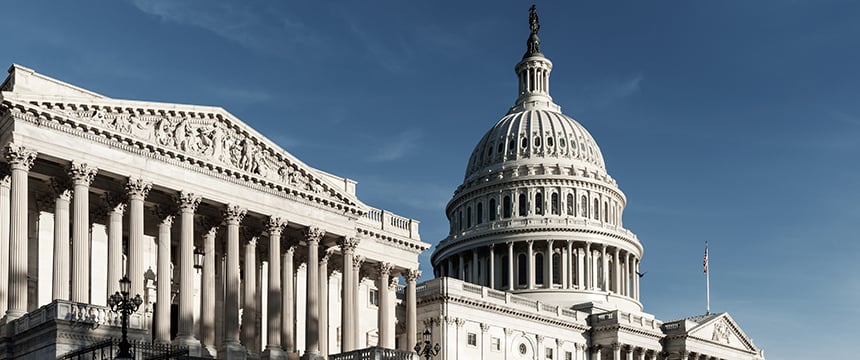Uyghur Forced Labor Prevention Act – Comment Period Open until March 10, 2022

President Biden signed the Uyghur Forced Labor Prevention Act (UFLPA) into law on December 23, 2021. (Click here and here for previous articles on this topic.) On January 24, 2022, the Department of Homeland Security (DHS) issued a “Notice Seeking Public Comments,” soliciting responses to 18 different questions covering implementation, enforcement, and compliance with the UFLPA. Several questions seek information about the issues likely to be most important to U.S. companies that source materials from the People’s Republic of China, including:
- the types of due diligence, supply chain tracing, and supply chain management measures that importers can use to avoid importing goods from China that are made with forced labor (Question 11);
- the type of evidence that companies can provide to rebut the presumption of forced labor for goods manufactured or produced in the Xinjiang Uygur Autonomous Region (XUAR) (Questions 12, 14);
- identification of tools that could help companies ensure products imported from China were not produced or manufactured with forced labor and that could help U.S. Customs and Border Patrol (CBP) enforce the UFLPA (Questions 10, 13);
- the need for a common set of supply chain traceability and verification standards (Question 13);
- the existing government and private sector infrastructure that exists to support any widely endorsed traceability and verification protocol (Question 13); and
- the measures that can be taken to trace the origin of goods, offer greater supply chain transparency, and identify third-country supply chain routes for goods produced or manufactured with forced labor in China (Question 15).
The full notice can be found here. Comments are due by March 10, 2022. The UFLPA contains other important deadlines for the government as well. By March 23, 2022, the State Department is required to submit a diplomatic strategy to Congress for creating awareness and supporting enforcement of the UFLPA. Companies that wish to comment on the diplomatic strategy may do so in response to Questions 16 and 17.
By June 21, 2022, CBP must begin applying the rebuttable presumption standard, set forth in the UFLPA, to imports entering the United States. The Forced Labor Enforcement Task Force must also provide its enforcement strategy report, including the guidance it has for U.S. importers, to Congress on this date as well.
Companies still have time to influence the diplomatic and enforcement strategies and the guidelines for U.S. importers, but they must do so on or before March 10, 2022. If you have any questions about the type of information the government is seeking or how to file comments, please do not hesitate to contact Mike Walsh, Jeff Atkin, Vanessa Miller, David Simon, or your Foley attorney.


